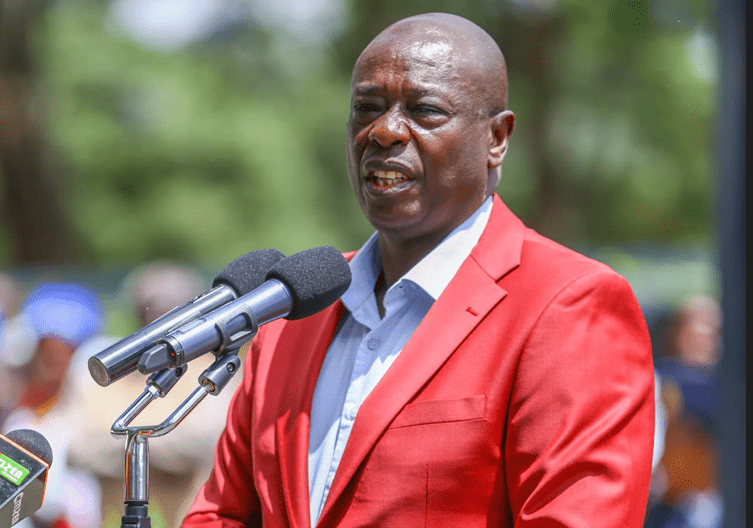Lessons for politicians on timing from The Gambler
By Macharia Muhoho, January 24, 2025I am writing this article while listening to the legendary Kenny Rogers’ song “The Gambler”. This classic hit is more than just music; it is a reservoir of wisdom from which Kenyan politicians can draw. The song’s plot revolves around life lessons provided by a seasoned gambler, which echo themes of leadership and political decision-making.
Politics is a gamble, and everyone involved is a gambler. Politicians can glean valuable insights from the song, which emphasises strategic decision-making in their careers.
As we approach the general election, timing in political strategy becomes critical. For instance, when CS Justin Muturi criticises the government, when Governor Natembeya promotes the ‘tawe’ movement, or when President Ruto calls out former Deputy President Rigathi Gachagua for incompetence and corruption, we must analyse these actions critically and reflect on their implications as we dissect the political landscape. “The Gambler” teaches us the importance of timing. So, what lessons can politicians learn from this masterpiece?
Political leaders frequently grapple with the significance of timing. As Kenny aptly suggests, politicians must have the wisdom to discern when to hold firm, fold, walk away, or run. The ability to determine when to persist, when to concede, or when to retreat is paramount. Successful outcomes depend on understanding when to act and when to refrain from action.
For example, should President Ruto continue to woo the mountain, or should he retreat? Politicians must approach each situation strategically, understanding that clinging to unsustainable positions can affect their careers and erode public trust. Muturi critiqued the government. Was his critique an opportunity for him to redeem himself amidst the political heat in the central region? Was the timing appropriate for him? Leaders must exercise sound judgment and foresight in navigating the political landscape since the consequences of misjudging the right course can be far-reaching.
When should politicians “hold ‘em”? Politicians must recognise moments to defend their beliefs and when to step back for strategic advantage. For instance, is Kiharu’s Ndindi Nyoro being strategic by withholding his political stance? He remains neutral towards the government. Is he following Rogers’ advice by holding back?
Every politician should understand that the secret to survival lies in knowing what to discard and keep. Politics comes with baggage, and there comes a time to shed the political skin. Was Gachagua a liability, or was Raila Odinga key to the government’s survival?
Any gambler who continues to place wagers without considering the outcomes or evaluating the risks will fail. Politicians must recognise the importance of balancing the benefits and risks of their choices and have backup plans ready in case things go awry. Wiper’s Kalonzo Musyoka has abstained from joining the broad-based government. Will this decision pay off, or is he holding his cards too long? Politicians can sidestep gamblers’ pitfalls by employing strategic decision-making and prioritising risk management.
Politics, like gambling, requires calculated risks. Leaders must evaluate the odds before making bold moves, whether negotiating coalitions, pursuing reforms, or addressing contentious issues. Reckless decisions often backfire, while planned risks can yield considerable rewards.
The gambler’s lack of self-awareness serves as a caution for politicians regarding the need to evaluate their talents and shortcomings.
Overconfidence and braggadocio can blind politicians to the reality of their situations and prevent them from adapting. Therefore, they need to develop humility and self-awareness, knowing when to require help, reevaluate plans, or modify their methods in light of new knowledge. By being self-aware and watchful, politicians may steer clear of similar problems.
— The writer is an Innovations Evangelist and a PhD Candidate; machariamuhoho@gmail.com-
More Articles

